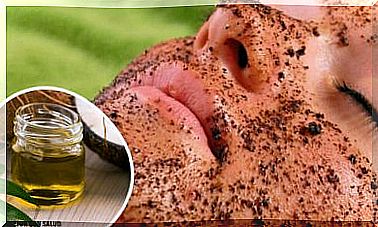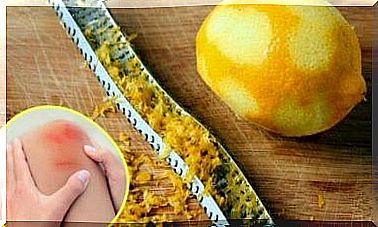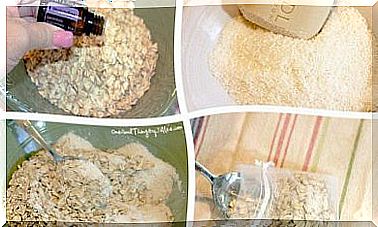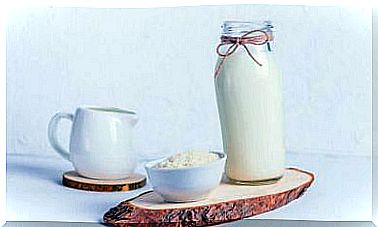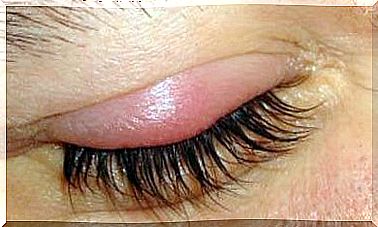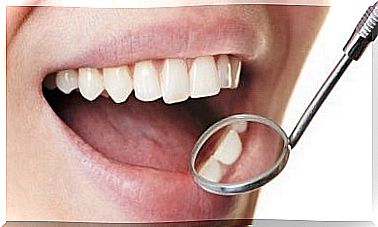Urinary Incontinence: Causes And Treatments
Urinary incontinence is a problem that most commonly affects children, seniors and women. We invite you here to find out what are the causes of this condition as well as the possible treatments.
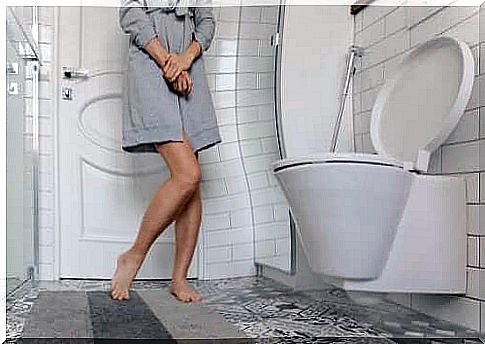
Urinary incontinence is not a disease in itself. It appears to be the consequence of basic alterations that affect the bladder. The process of filling and expelling urine is altered; incontinence is the symptom of these alterations.
Urinary incontinence can be defined as the involuntary loss of urine. People with urinary incontinence cannot control urine retention or determine when to urinate. Consequence of this: urine leakage occurs at inappropriate times, that is, not as a result of a voluntary decision.
Sometimes urine leakage occurs because of physical exertion, such as sneezing, for example. Other times, the bladder is full and the amount of urine exceeds the limit.
Urinary incontinence is not only a health problem from a pathological point of view. This disease also affects the social life of people who suffer from it, as these people are then afraid that urine leaks will occur in the presence of other people, at inconvenient times.
Causes of transient urinary incontinence
Transient urinary incontinence is one that does not last over time. Usually, it is caused by foods, drinks or drugs that stimulate urine production. Once the diuretic effect is controlled, the incontinence disappears.
Thus, sodas, alcohol, citrus fruits and certain drugs to treat high blood pressure can be the cause of transient urinary incontinence.
But the consumption of certain food products or the taking of certain drugs are not the only causes …
- Urinary tract infections. The irritation of the bladder can be so intense that it can cause urine to leak.
- Constipation. The intestine is close to the bladder, so it can stimulate it during hard stools that pass through the rectum.
- Pregnancy. During pregnancy, both hormonal changes and the enlargement of the uterus can cause overactive bladder.
Causes of chronic urinary incontinence
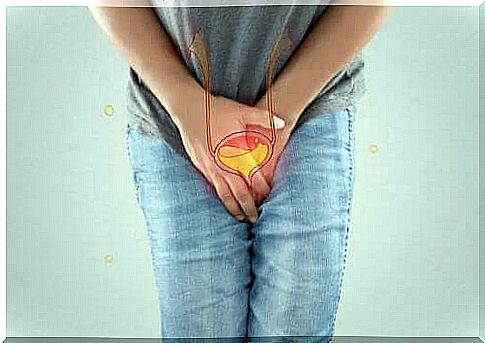
Likewise, several causes can be at the origin of urinary incontinence which lasts over time:
- Prolapse: When the muscles of the perineum are weakened, as can be the case in a woman who has had a complicated delivery or who has given birth several times, the descent of the pelvic organs can be the cause of urinary incontinence
- Age: aging weakens the muscles of the body, including those of the bladder. In addition, in women, menopause decreases the amount of estrogen and damages the tissues of the urinary system.
- Gynecological surgeries: the bladder is an organ that is held in place thanks to the presence of other organs, in particular thanks to the presence of the uterus. When a woman has surgery in this area, she may have urinary incontinence.
- Prostate problems: in men, prostate problems are the most common cause of urinary incontinence. The benign prostatic hyperplasia (BPH) is one of these problems. Another such problem is prostate cancer
- Neurological disorders: certain disorders of the nervous system can exert an influence on the nerves which innervate the bladder and which control the act of urinating. From a clinical point of view, we speak of neurological bladder or neurovessia. This condition can be a symptom of Parkinson’s disease or multiple sclerosis (MS)
- Psychological causes: states of stress or the inability to resolve problematic situations in everyday life can manifest themselves clinically as urinary incontinence. The enuresis in children under six years is an example of this
Non-drug treatment
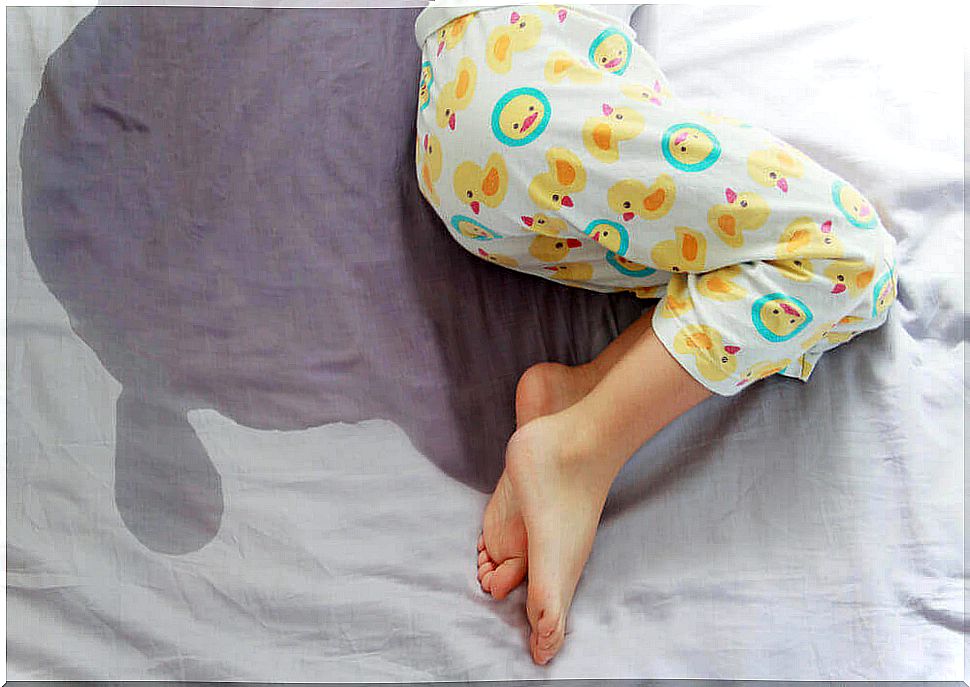
Medication is not always necessary to treat urinary incontinence. One of the main recommendations is to regulate fluid intake throughout the day.
This does not necessarily mean that you need to decrease the amount of fluids consumed, but that you need to improve the distribution during the day to avoid the rapid formation of large amounts of urine and unintentional urine leakage.
The ideal would probably be to reduce the amount of fluids consumed as the day progresses. The morning is therefore the time of the day when the consumption of fluids should be the most important.
For children who suffer from bedwetting, sometimes it is better to bring dinner forward so that the child has more time between meal and bedtime.
Drug treatment to treat urinary incontinence
In spite of the hygieno-dietetic measures, it is sometimes necessary to have recourse to a drug treatment to solve the problem. This is particularly the case when the cause at the origin of this symptom is a disease that can only be treated with medication.
The drugs used then aim to prevent the involuntary contraction of the bladder and to keep the urethra closed while urine enters the bladder. Anticholinergics are suitable substances for this: their function is to reduce the capacity of the bladder to contract .
The most common anticholinergic is oxybutynin. However, this drug is contraindicated for some people because of its side effects. People who have glaucoma and cardiac arrhythmias cannot take oxybutynin.
In people who can take this medicine, if the side effects are very severe, they should stop taking it.
When hygiene and dietary measures or drug treatment give satisfactory results, surgery is the last option.


